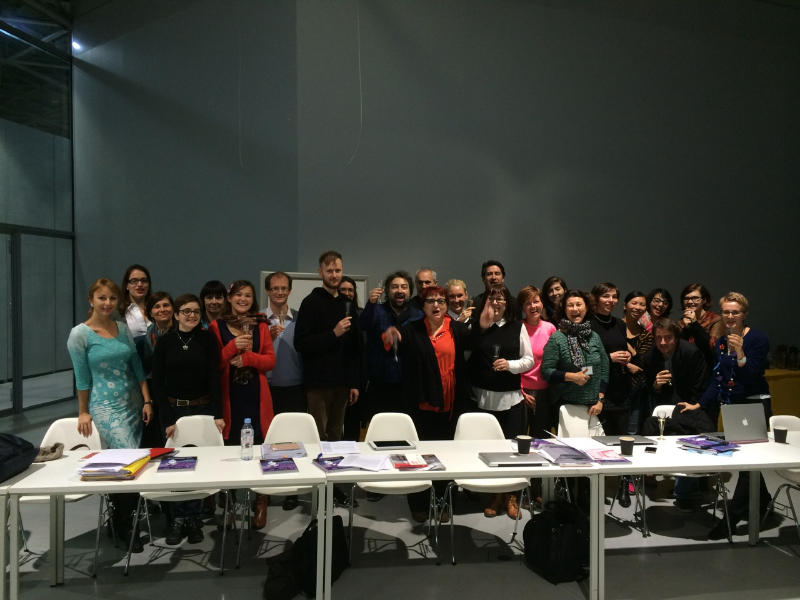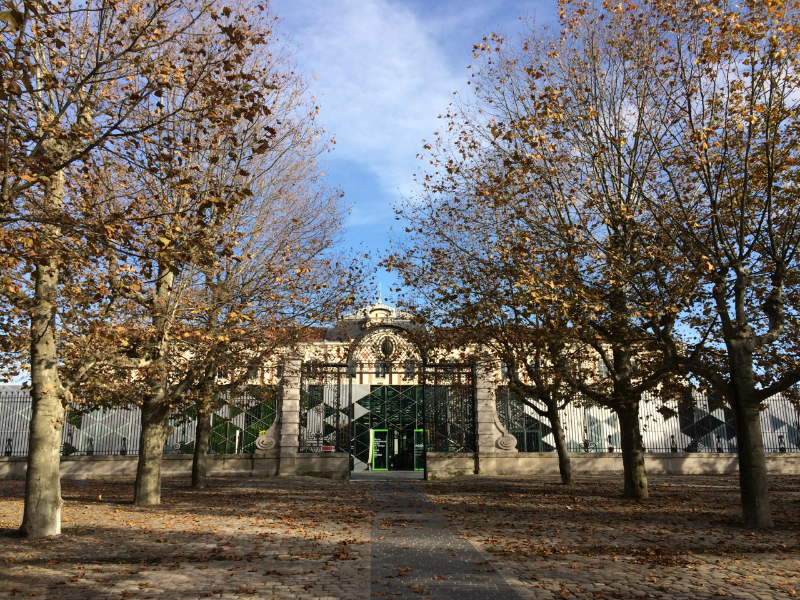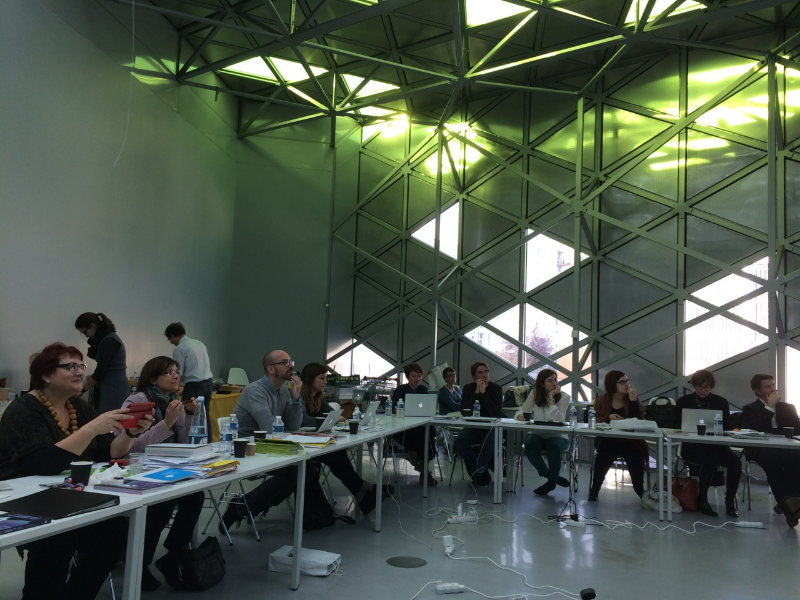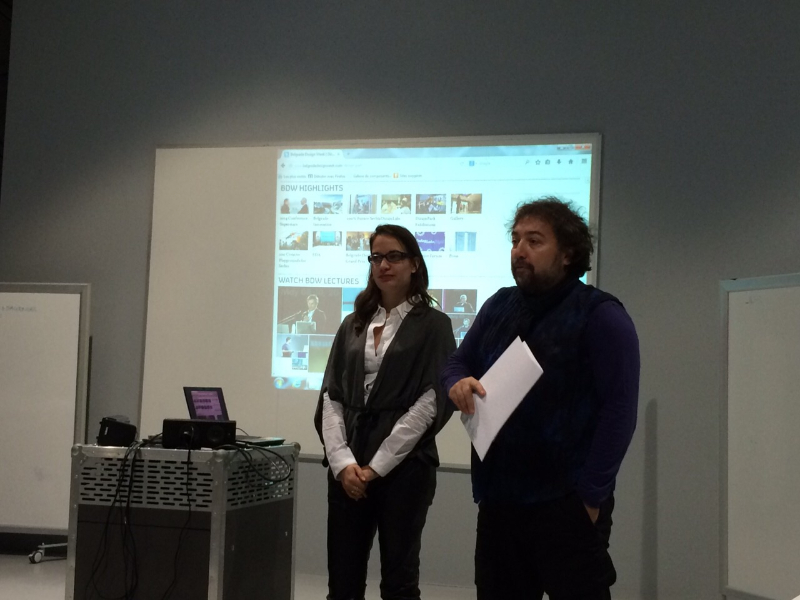
BDW AT THE HUMAN CITIES KICK OFF MEETING IN SAINT-ETIENNE
In summer 2014 Belgrade Design Week has been elected for one of the partners in HUMAN CITIES/ project for the period 2014 – 2018 with an assignment to contribute to the main focus of project – to analysis, test and implement the process of engaging people in co-creating and challenging the City scale and “flow space” in Europe today.
Initiated by the Brussels-based association Pro Materia in 2006, Human Cities/ was initially intended to be a platform of inter-disciplinary exchange, examining the relationship between man and his environment, and questioning in particular public space and its sustainable development in continually changing urban contexts. The guiding theme of the project is to use design as a tool supplying systems of process and innovation based on the individual and on local instances; this differentiates it from the more classical approach to public space, focused on town planning, urbanization and urban infrastructures.
Human Cities/ mission is about “Challenging the City Scale”, taking part in the (re)invention of urbanity. The focus is on how citizens are (re)appropriating the contemporary and ever-changing city by experimenting in the urban space.


Gathered for the first time in Saint-Etienne this November, Human Cities/ representatives have discussed the main topics of the project such as:
How to manage people in a network society?
How the ‘flow space’ becomes a source of social innovation?
Do people want to be connected or disconnected within the urban space?
What are their visions of space and time within this ‘flow space’ of cities?
How would they design, co-design, re-design their visible and invisible space which is driven by those growing and uncontrollable flows?
The partners presented their ideas, experiences and potential plans for designing future strategies and scenarios to understand people’s behaviors and uses on their living territory and to experiment together with them on ‘action plans’ that will confront their awareness to the complexity of urban and human challenges, which the cities have to face today, and even more tomorrow.

In June 2017, Belgrade Design Week will host the exhibition venue and the 6th interaction & exchange workshop that will focus on the theme of “Reconstructing cities through human-driven scenarios and temporary performances in public space”.
Today cities have to manage increasing challenges such as a growing cultural diversity, the adaptation to an ageing population, the reduction of energy consumption, social exclusion, segregation and social polarization. Traditionally, new developments of cities have been planned based on the formula: first buildings, then spaces, and then (perhaps) life. In present-day planning, this formula must be turned about, and the questions should be: what kind of life do we want here, what kind of spaces will be needed for this life, and finally, how can the buildings in this area be placed and formed to support these spaces and the life in this area? This workshop will explore the ways that creative practices—improvised movement, choreographed dance, and digital video—produce new knowledge about the sociability of public space. Drawing on concepts developed within the fields of performance theory, spatial history, cultural geography and social theory, the workshop will build a methodological toolbox for understanding the relationships between the diverse groups that use public spaces within the European network of Human Cities/.

In human happiness, creative activity and a sense of community count for at least as much and maybe more than material standard of living.
Trackback from your site.
